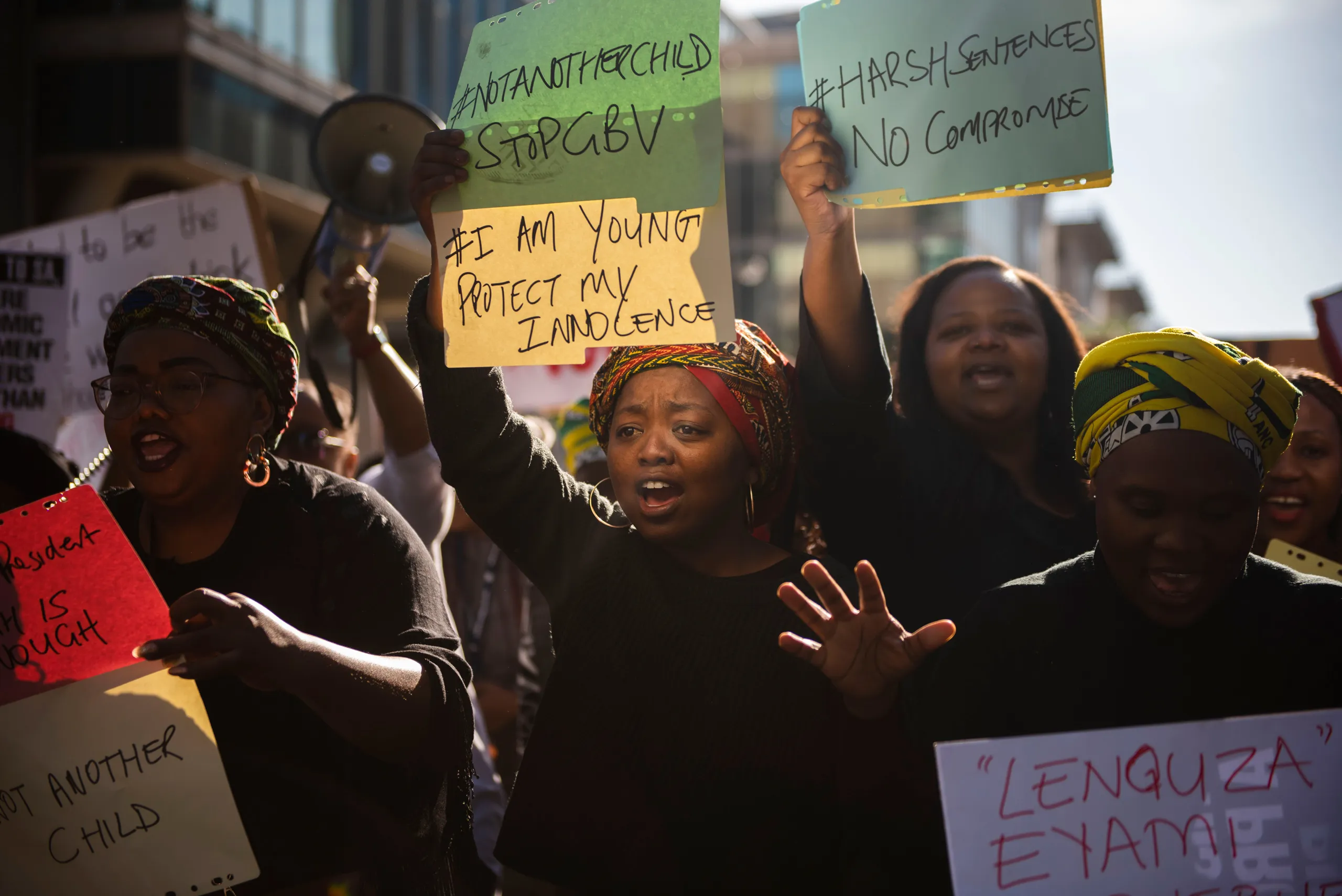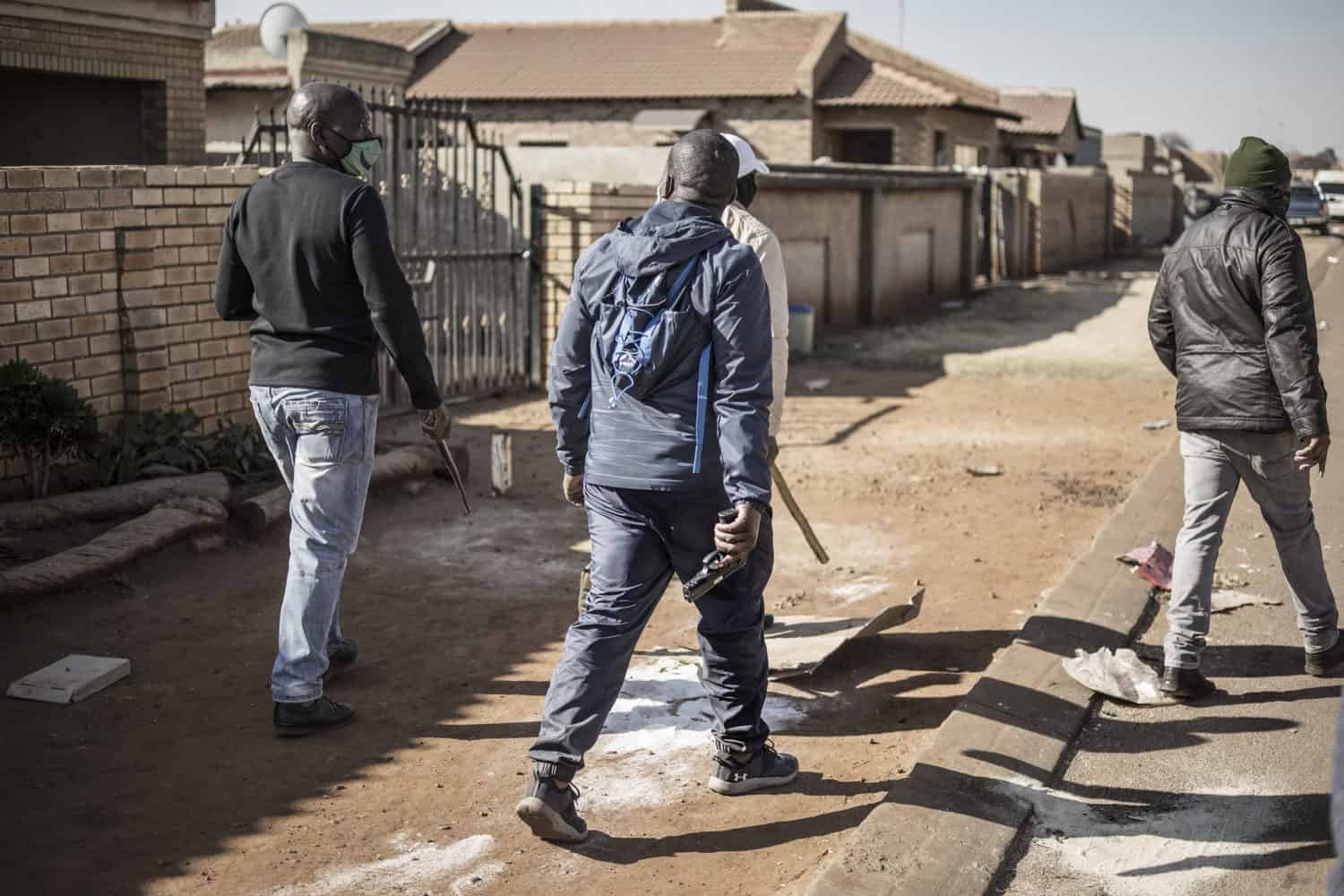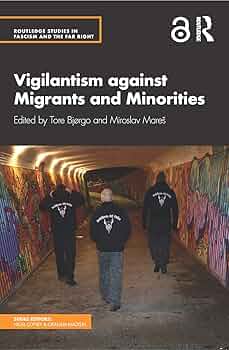So about 6 months ago my friend Alan blogs about real life superheroes. That is, those who might dress in superhero costumes and lurk the streets looking for a victim to save. One idiot actually failed to save a woman screaming because he took too long to put on his costume. A good laugh was had at his expense (as well as a shudder at the evil of his intentions being thwarted by his theatrics). Then it was forgotten, until about a month ago, when an actual superhero vigilante showed up in the comments. He makes the world better by performing/threatening violence on evildoers, so how dare the public make fun of people like him? And “what the fuck have you done for the world lately?”. That last one is a direct quote. The comments got entertainingly heated but they didn’t address the larger issue of vigilantism.
There’s something terribly romantic in our perception of vigilante justice. Entire industries (eg. comic books) are based on our expectation of said romance. Public outrage abounds at criminals being acquited on “technicalities” (whatever that means) as well as a howling for extra-judicial blood. The archetypal vigilante is one who seflessly takes on great risks and goes against a stodgy legalism to bring “true justice” (whatever that means). I think these perceptions couldn’t be more wrong. Now, certainly there is a place for say a neighbourhood patrol in every country. And if you’re in a place where police are unresponsive/belligirent/human rights abusers, sometimes a community’s response of, say, beating up a rapist caught red-handed is all but inevitable. But vigilante justice is a distant runner up to actual law and order, not an ideal. In fact, the ideal of vigilantism (as a mass system of criminal justice) raises a few questions…
- We know police are prone to systemic bias/corruption/inefficiency. Is there any reason to think a vigilante group is any less prone to these same things? Besides a our gut feel of course.
- A government department may have terrible bureaucracy. But a vigilante group is more likely to rely on the personal charisma of its leaders. Would these leaders not be prone to the same cognitive biases that the rest of us — just more so with unchecked power and no public oversight or procedure for complaints? Can we really trust them to just magically stop engaging in (say) racial profiling, if that’s where their biases go? Especially given what we know people to be capable of…
- What about the actions they see as crimes? Why wouldn’t we expect a vigilante group to just as easily start targeting things that are perfectly legal, or even engage in honour killings? After all, these are the crimes vigilantism often “prosecutes”. That and interfaith/intercaste marriage.
- Vigilante groups need confidence in their ability to accurately determine who is in fact guilty. Given how many biases the jury system is prone to, how can we expect an unstructured system to even be as good (let alone better)?
This relates to the problem with anarchy: rather than getting rid of an oppressive ruler, it merely creates a vacuum for anyone to fill. Compared to a modern day democracy, that “anyone” is likely to be more oppressive (ie. a thug). The historical data discussed very well by Pinker in The Blank Slate is eye-opening. Vigilantism typically starts taking over in frontier areas where traditional law and order doesn’t reach, as people strive to bring some kind of justice to their life. The resulting institutions typically place high value on honour. A great example from The Wire: Omar says he’s never harmed a “civillian” because a man’s gotta have a code.

Of course, honour is actually not that great since it’s tied into machismo. Vigilante justice is typically doled out by men as part of a worldview that treats women as anything from damsels in distress to property. The vigilante sense of honour is also what drives murderous vendettas. What’s a prime example of a vigilante society with all these ugly features? The Cosa Nostra, which developed in Sicily as an extrajudicial substitute for the law and order that was missing. It is the perfect experiment for what happens when people step up to protect their families in a manner free of outside bureaucracy.
Finally, why should we avoid violence as best we can in the first place? Because engaging in violence means relying on the ability to physically beat someone up. But why should this arbitrary characteristic give your argument extra weight? There’s no correlation between having the just cause and winning the fight. If there really was a God that ensured the “right” person would win, violence (specifically trial-by-combat) would be perfectly acceptable ways of resolving disputes. Of course that does not mean pacifism is the way to go. It really ain’t. But once violence is used, we cannot expect the person attacked to forego self-defence. All bets are off.
If a vigilante starts beating up someone he thinks is a drug dealer, can we really fault the person for turning the tables on the vigilante? So I say more power to vigilantes that refuse to engage in any violence — but for those that do, they are in effect throwing the cause into the arbitrariness of the fight’s outcome. That’s not justice. How the state’s monopoly on violence fits in is another story. But I think this all of this really shows that vigilantism should be strongly avoided and is very often unjustified.





0 Comments